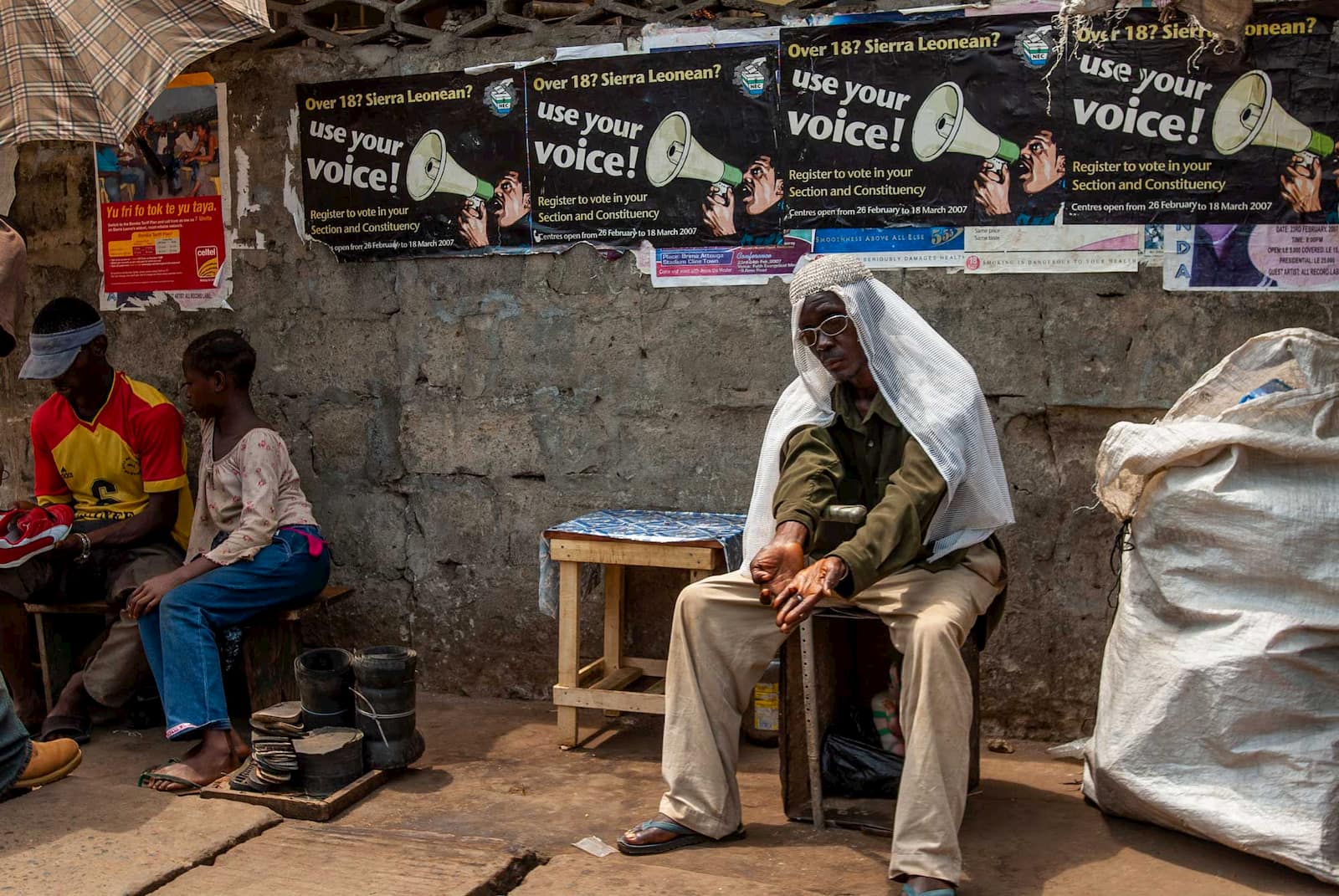
Stories to Build By: Improving policy using local context
Tutu, a 25-year-old petty trader and mother living in a village where the bio-energy project had compensated farmers for their produce, told me: “the way we are seeing the condition now, [the Truth and Reconciliation Council (TRC)] have come to take us backward, because we used to survive from our plantations, but today, all have been uprooted. They said they are coming to take us from poverty. But this is not the case.” While reconciliation and peace, empowerment and development are clearly experiences – in the eye of the beholder and diverse between cultures – simplistic evaluation measures simply cannot reflect experience.
The primary purpose of the TRC was not to collect statements or hold hearings; it was to promote reconciliation and build peace. The primary reason the bio-energy project was funded with €250 million of International Development funds was not to lease land but to promote empowerment and drive development. However, these experiential goals cannot be evaluated by measuring outputs and impact. They require a more grounded interpretation of how local people conceive of, and experience, these values within the context and through the prisms of local culture. This is a depth of understanding standard evaluation does not provide. But methods to acquire this information do exist. This article examines the failures of massive “top down” interventions while casting a light on the best direction to achieve greater “real” impacts from international aid efforts.
End of preview. Become a member or buy this article to continue!
This was fascinating – but unsurprising (very sadly). History is littered with projects imposed by well-intentioned (sometimes debatable) outsiders on local communities – whether that’s dams, peace initiatives, farming, medicine etc.
There’s an intellectual arrogance that’s easily observed in these situations – “You can have peace, and peace looks like ‘this'” – which fails to take into account cultural or historical differences. The imperialism of dictating the carbon copy solution rarely ends well and, so often, results in further impoverishment.
Thanks for the insight!
More than one member of the team has studied International Development or Peace Studies. To us, much of this is what we learned, but we are always amazed at how impactful these stories are for people outside of the field.